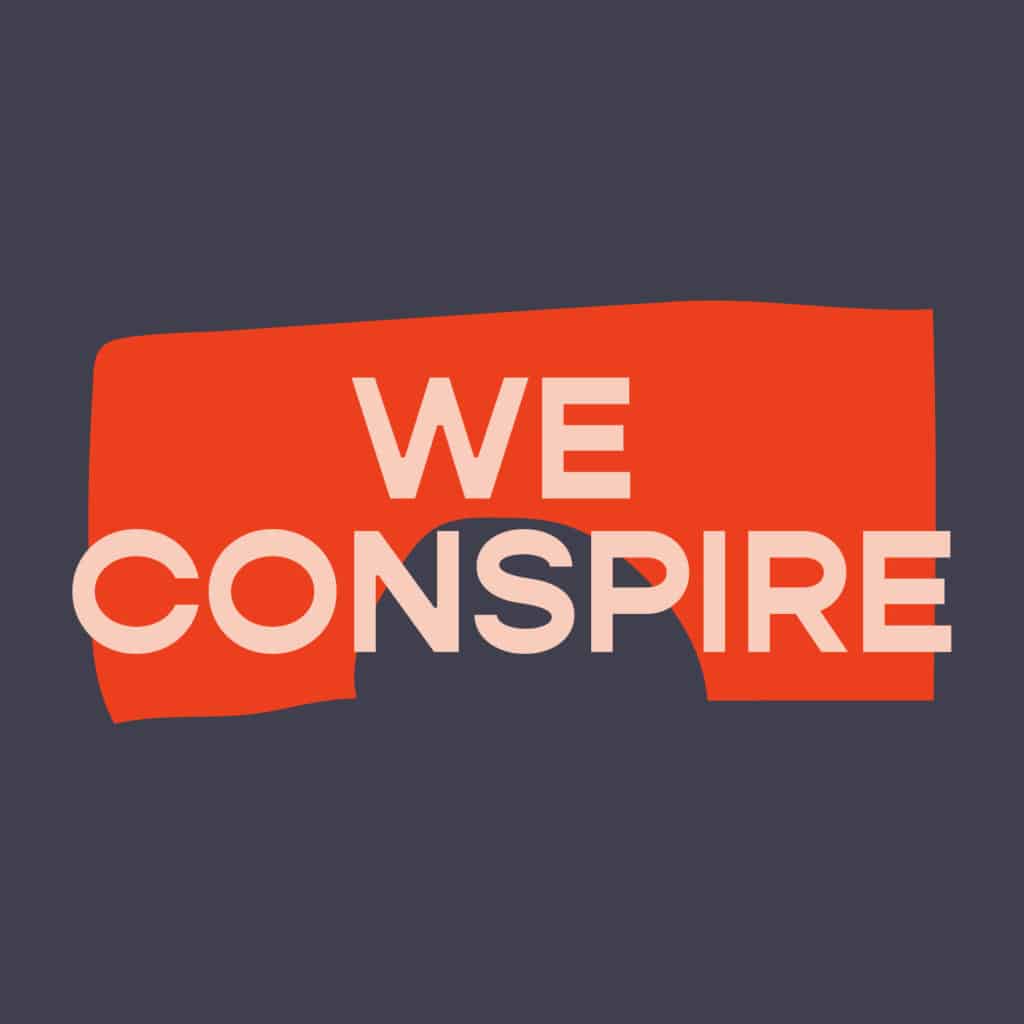Finding God in the Criminal Justice System

How do we inspire others to see God in those society forgets, oppresses, or denies? CAC Living School student Sara Ofner-Seals, associate pastor at Plymouth Congregational Church in Fort Wayne, IN., invites us to explore the intentional and unintentional ways we “other” those around us by sharing her experience advocating for people in the criminal justice system.
It all started with a call from my new boss on a Friday morning.
“I’m calling because there’s an opportunity for a justice action this morning,” he explained, going on to say that the county was considering building a new, bigger jail, and that some folks who opposed the project were coming out to speak at the county commissioners meeting later that morning.
Being relatively new to Fort Wayne, I did not know much about local politics, but I knew enough about criminal justice reform to know that building bigger jails is rarely the right solution for any community. I knew this, in part, because of the years that I spent working at a homeless shelter in Connecticut, where I encountered far too many individuals coming out of the criminal justice system who simply did not belong in jail.

“We can only experience the fullness of our relationship with God when we recognize God’s image in the Other, and thus recognize our inherent connection with them.”
— Sara Ofner-Seals
They were people with substance abuse disorders, mental health challenges, or who were simply too poor to pay their way out of jail. Too often, municipalities and state agencies did not have the capacity or will to deal with the complex problems that these individuals presented with, so they swept them under the rug by locking them up.
Knowing this, I agreed to show up to the meeting and speak out against the new jail. That was the beginning of ‘Help, Not Handcuffs’— a multi-racial, interfaith, and inter-disciplinary coalition that advocates for a more compassionate approach to criminal justice.
Instead of spending hundreds of millions of dollars on a bigger jail, we argued, why not put those dollars to work towards better treatment options for those struggling with addiction and mental illness? Why not invest in more affordable housing instead of criminalizing people struggling with homelessness and poverty? Why not offer people help instead of handcuffs?

“People who get caught up in the criminal justice system are easy to cast aside as “other.” For those of us who believe that all people are made in the image of God, this presents a challenge to do better and advocate for those whom society wishes to ignore.“
— Sara Ofner-Seals
People who get caught up in the criminal justice system are easy to cast aside as “other.” It is easy to label them as dangerous threats to society. Often, however, they are simply too poor or too sick (or both) to navigate the complex web of societal expectations that the rest of us take for granted. For those of us who believe that all people are made in the image of God, this presents a challenge to do better and advocate for those whom society wishes to ignore.
The truth is, we can only experience the fullness of our relationship with God when we recognize God’s image in the Other, and thus recognize our inherent connection with them. As the African concept of Ubuntu teaches us, our humanity is bound to the humanity of others, and we can only be fully human together. To say to the person struggling with mental illness, poverty, or addiction, “I have no need of you,” (1 Corinthians 12:21) and to subsequently warehouse them in prison is to deny the image of God dwelling within them.
This turns God into a small being created in our own image, rather than the other way around. To preach freedom for the prisoner and to see the image of God in those society despises most connects us to a God far bigger than our human imaginations could conjure.

“To see the image of God in those society despises most connects us to a God far bigger than our human imaginations could conjure.”
—Sara Ofner-Seals
We are challenged and invited to seek a relationship with this bigger God. In doing so, may we recognize the divine image that dwells within all people, especially those whom our society would prefer to ignore. May we see them as our siblings in a web of divine love, deserving of love and liberation. May it ever be so!
Reflect With Us
How do you practice seeing God in others — especially those with whom you lack an obvious shared experience? Share your reflection with us.
Rev. Sara Ofner-Seals is the associate pastor at Plymouth Congregational Church in Fort Wayne, IN. Before Plymouth, she served at First Congregational Church in New London, CT, and Park Congregational Church in Norwich, CT. She worked as the Communications Manager and Volunteer Coordinator at the New London Homeless Hospitality Center and was the Director of the New London Urban Outreach Project. Sara has a Master of Divinity degree from Yale Divinity School and is ordained in the United Church of Christ. She is a member of the 2023 cohort of the Living School for Action and Contemplation.
We Conspire is a series from the Center for Action and Contemplation featuring wisdom and stories from the emerging Christian contemplative movement. Sign up for the monthly email series and receive a free invitation to practice each month.